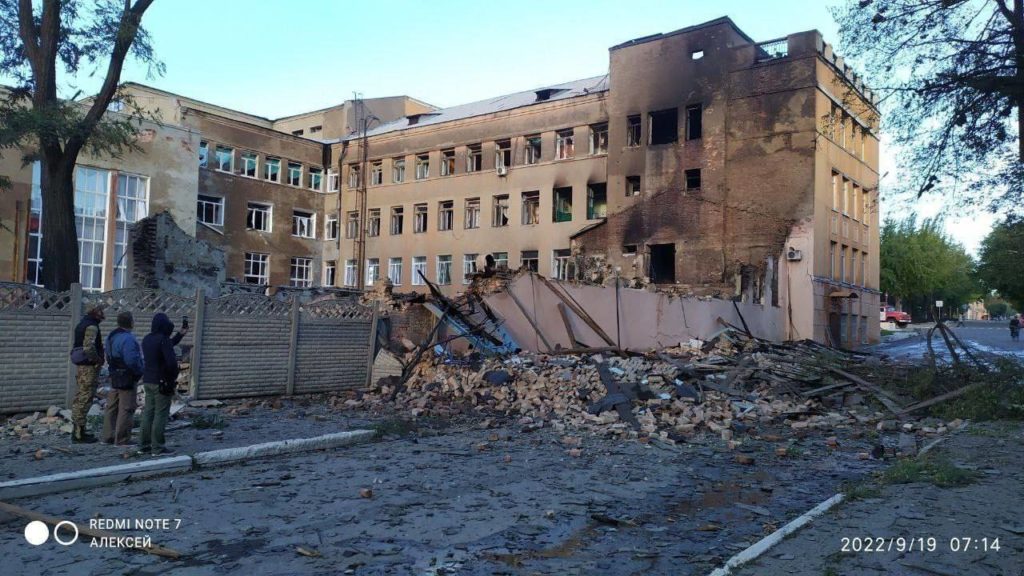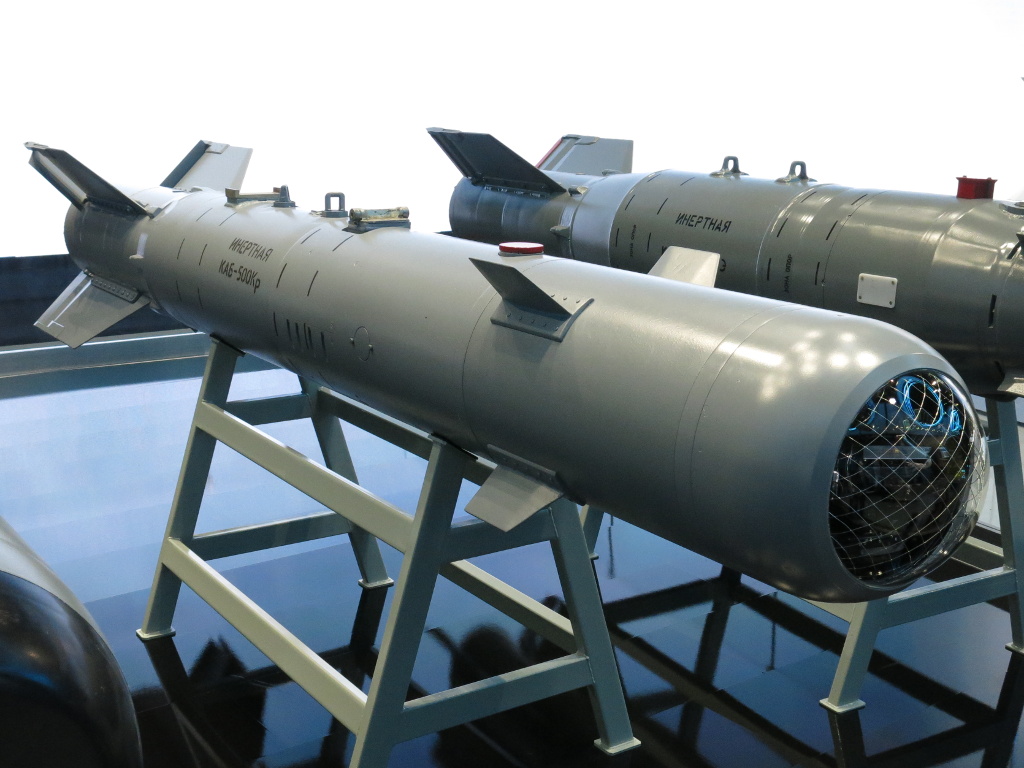Newborns held hostage: Luhansk occupation authorities force citizens to obtain Russian in exchange for their children
This tactic aims to enforce compliance with Russian rule by leveraging the most vulnerable, prompting calls from the National Resistance Center for international condemnation and intervention.


The Russian-installed authorities in occupied Luhansk have introduced another method to accelerate passportization among civilians. Now, they are threatening to take newborn children by force from the maternity hospital if parents do not obtain a Russian passport, according to the National Resistance Center.
Since 2014, much of Luhansk Oblast has been occupied following the invasion of Russian-financed soldiers into its territory and the Euromaidan Revolution, which ousted former Ukrainian leader and Russian agent Viktor Yanukovych.
“In temporarily occupied Luhansk, collaborators have decided to address the issue of distributing Russian passports by intimidating mothers.
Before giving birth, women in the so-called Luhansk People’s Republic (a Russia-sponsored illegal entity of the Ukrainian territory) may still be hospitalized without a Russian passport in certain cases.
However, at discharge, they are required to show Russian documents for one of the parents,” the report states.
If such documents are not presented, local collaborators threaten to prevent a child from going home with relatives.
The National Resistance Center calls on all international organizations to condemn this latest violation of international law and unprecedented human rights abuses by Russia. These egregious crimes must be stopped and punished, it claims.
Earlier, the Coordination Staff for the Treatment of Prisoners of War said Russia is holding 403 Ukrainian women in captivity, many of whom are unlawfully detained civilians.
Ukraine says women in Russian captivity subjected to physical and psychological abuse
The conditions for women in Russian captivity do not comply with the Third Geneva Convention on the treatment of prisoners of war. Released captives report humiliation, abuse, malnourishment, inability to receive qualified medical assistance, and deprivation of contact with relatives.
Read more:
- Ukraine ramps up efforts to find 52,000 missing citizens, including 3,700 children, since 2022
- Occupied Crimea head creates private armies ahead of Ukraine’s offensive
- Top Russian official doubts regular army can defend occupied Crimea – UK Intel
- Majority of Ukrainians reject giving Donbas and Crimea to Russia, say reconciliation impossible – poll
You could close this page. Or you could join our community and help us produce more materials like this.
We keep our reporting open and accessible to everyone because we believe in the power of free information. This is why our small, cost-effective team depends on the support of readers like you to bring deliver timely news, quality analysis, and on-the-ground reports about Russia's war against Ukraine and Ukraine's struggle to build a democratic society.
A little bit goes a long way: for as little as the cost of one cup of coffee a month, you can help build bridges between Ukraine and the rest of the world, plus become a co-creator and vote for topics we should cover next. Become a patron or see other ways to support.



